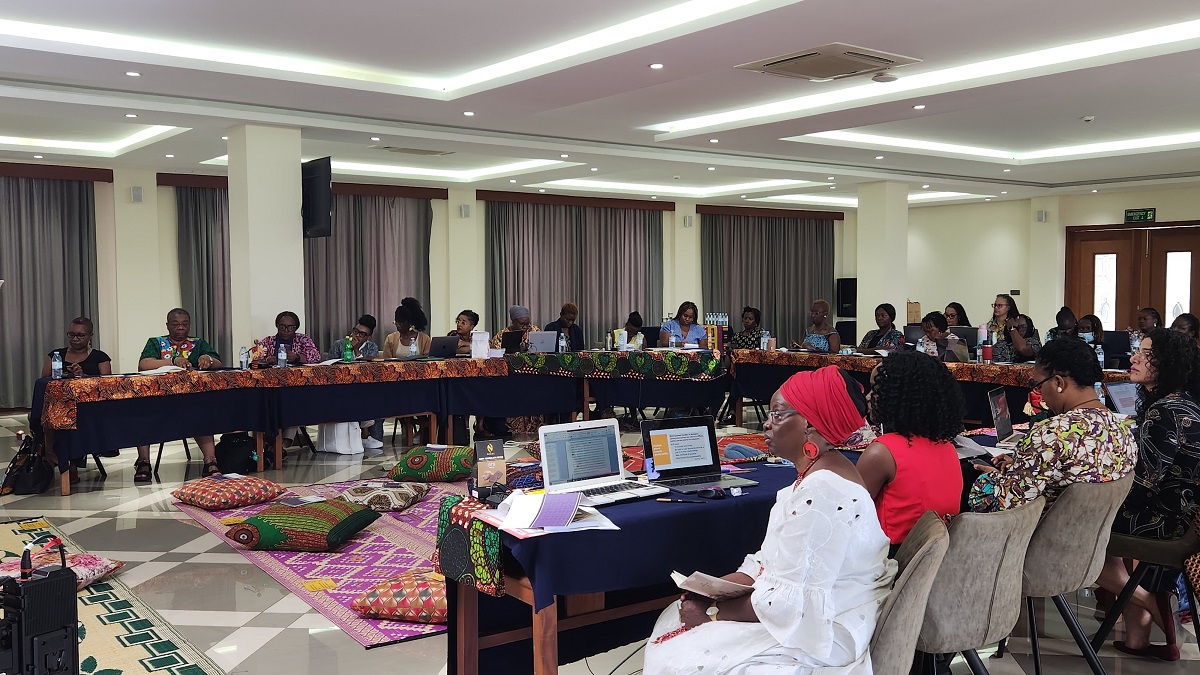By Emily Kenik
A section of women activists in Africa now argue that women bear the greatest brunt of climate change, and yet not so much is said as to why that was the case.
Amid heightened conversation on climate change and its impacts, the activists decry what they described as “false solutions” imposed on Africans by international institutions and multinationals on the pretext of helping communities adapt to extreme weather patterns.
Akina Mama wa Afrika (AMwA), a non-governmental organization operating under the auspices of the Voices for Just Climate Action (VCA) program, is concerned that the continued absence of such voices especially on policy, reinforces existing barriers to guaranteeing that ongoing climate change solutions are contextual and applicable.
“Women carry the disproportionate burden of the climate crisis because they already face peculiar social, economic, and political barriers that limit their coping capacity,” argues AMwA Executive Director Eunice Musiime.
Musiime reiterates that Governments, policymakers, climate activists, and environmentalists should recognize that the climate crisis is gendered, and the humanitarian impacts of the crisis fall squarely to the women.
Addressing a conference organized by the organization under the theme “Friends Of The Earth” in Kenya’s capital Nairobi, Musiime asserts that women should be well informed particularly while engaging in popularized before them by ‘elites’ from the global north if they are to make informed decisions.
They say if women are not well informed, then there is a huge possibility that they’ll fall into a trap. They in fact claimed, that some funding provided by some of the Western institutions involved, if not carefully interrogated, might “tie them to poverty” urging African countries to remain keen on what is being offered.
For instance, she cited the introduction of hybrid and Genetically Modified Organisms (GMO seeds) as one of the false solutions being introduced to the global south by the North propounding that with this Africa risks losing out on her indigenous seed varieties, biodiversity, and food sovereignty.
The activities, in their own view, insist that Hybrid seeds cannot be replanted from year to year like traditional seeds because they lose their vigor.
“This way Contracts or “technology agreements” between farmers and seed companies dictate how farmers should grow their crops and force farmers to buy new genetically modified seeds each year. In addition, these seeds also require the use of expensive and environmentally damaging chemical inputs,” averred Musiime
They stated their case even as the Principal Secretary, of the State Department of Gender and Affirmative Action Veronica Nduva, who was in attendance, indicated that her ministry is keen on integrating gender issues in policy-making through capacity building like conferences, engaging women and girls at the grass-root level to help them make an informed decision that will not affect them later.





